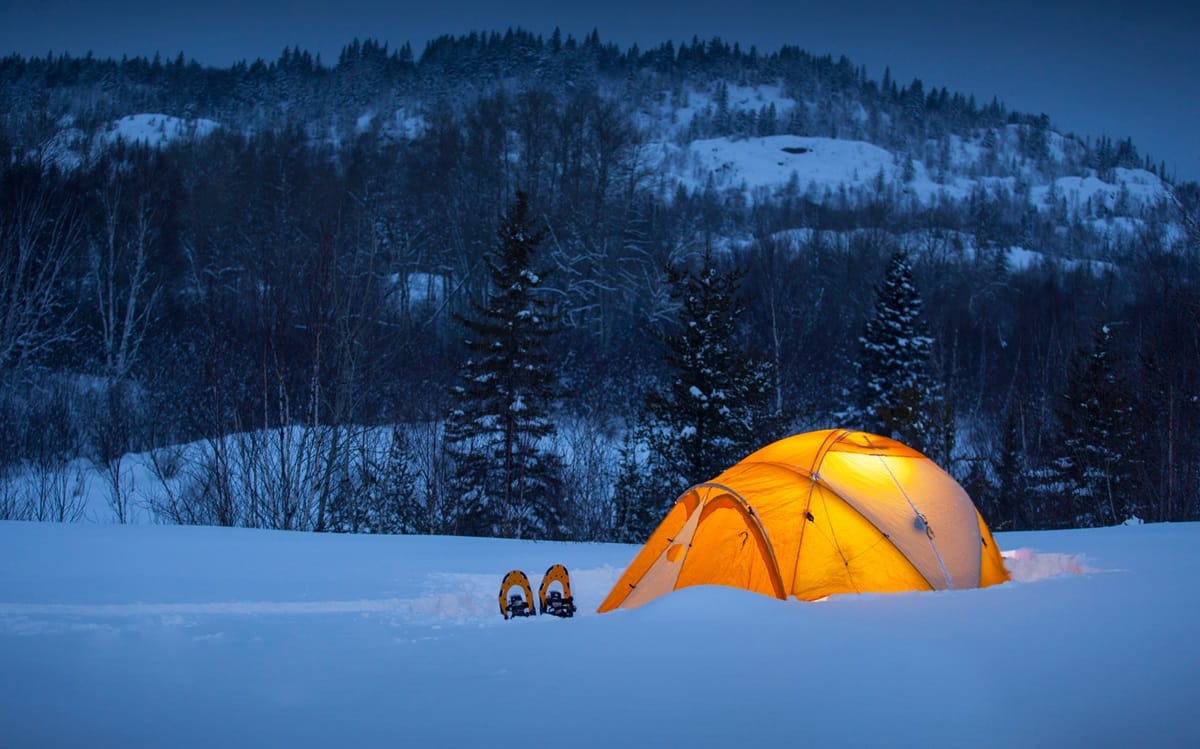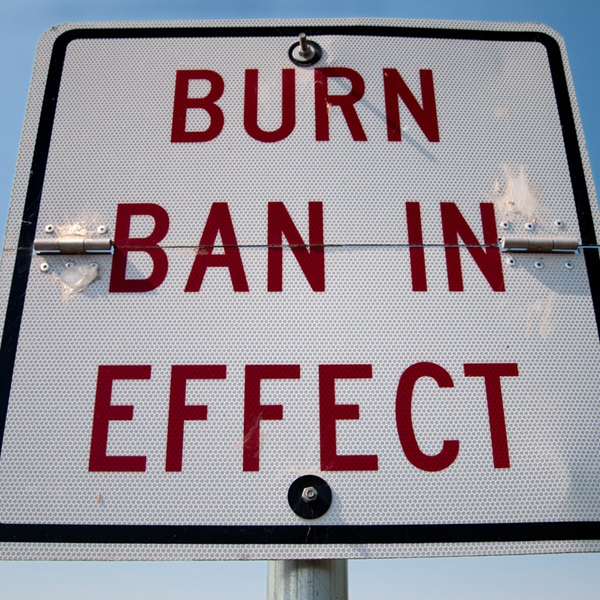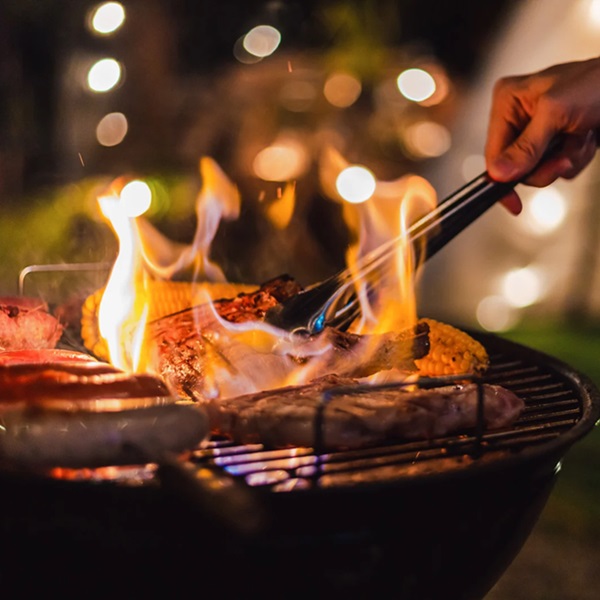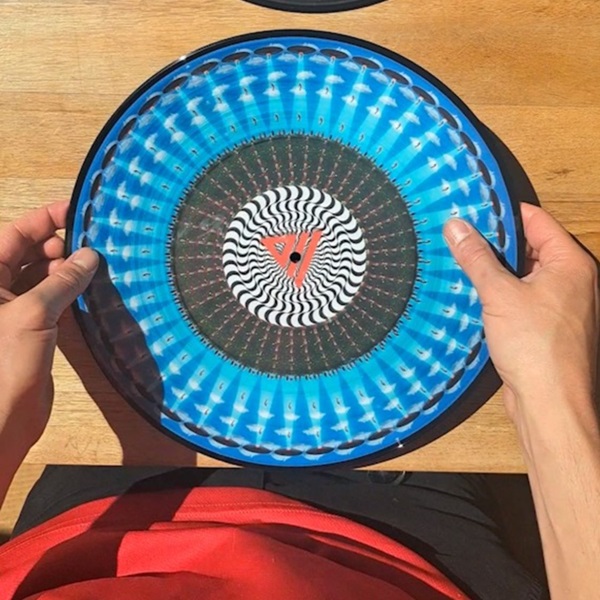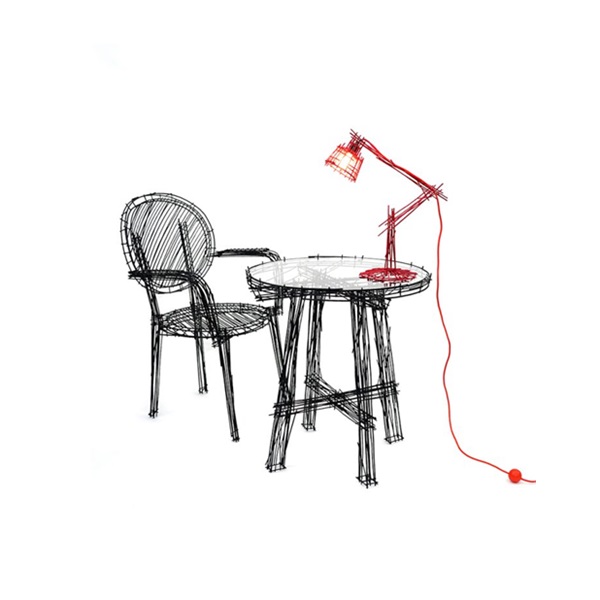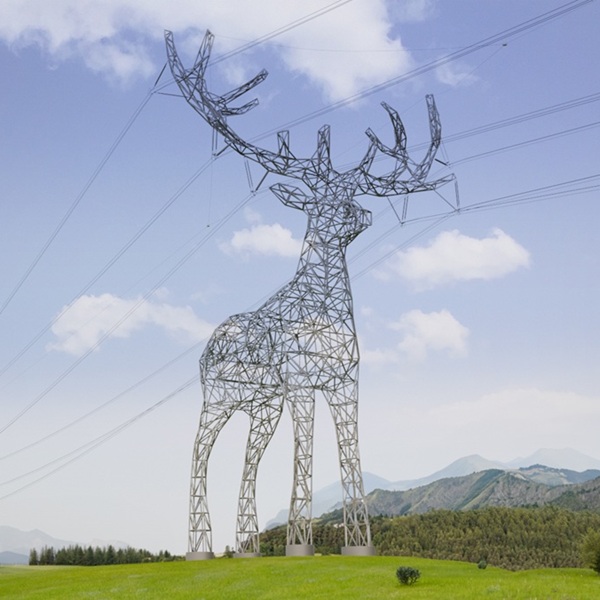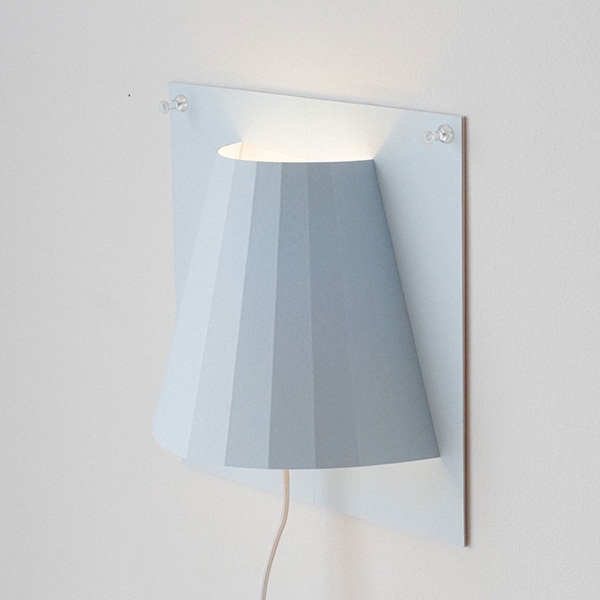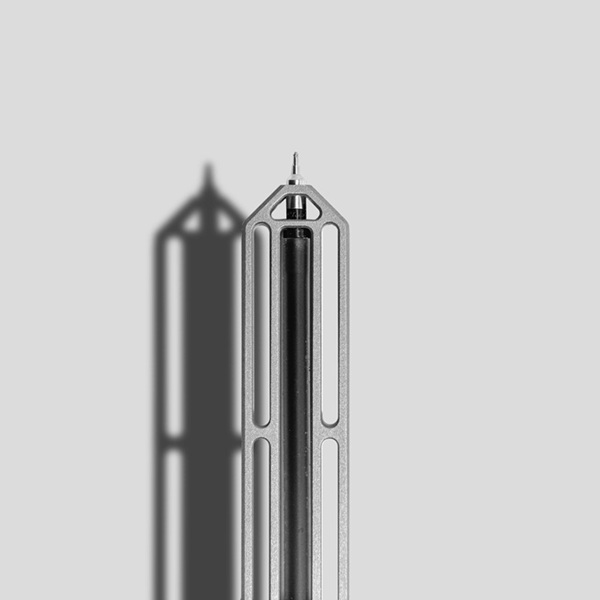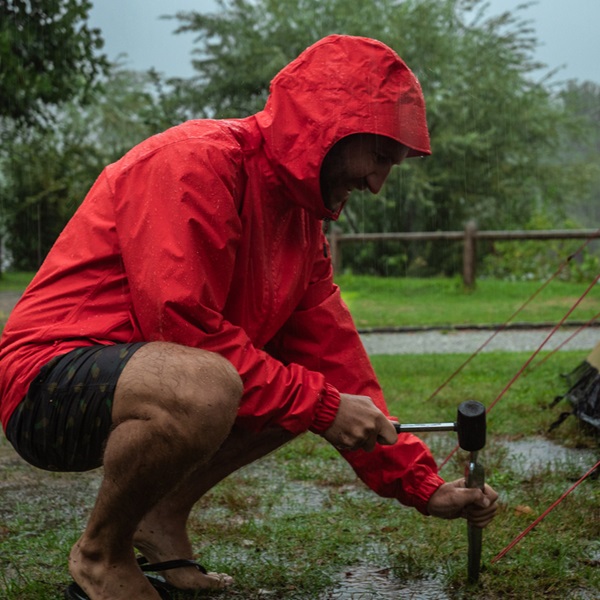
Winter camping can be an exhilarating experience, but it requires the right preparation to ensure your comfort and safety in cold conditions. Unlike camping in warmer months, winter brings unique challenges, such as freezing temperatures, snow, and unpredictable weather. Having the right equipment is crucial to enjoying the adventure and avoiding discomfort. In this guide, we’ll explore must-have winter camping gear that can make all the difference in staying warm, dry, and well-prepared.
From insulated tents to thermal clothing, these essential items will help you brave the cold with confidence. Properly equipping yourself with the must-have winter camping gear ensures that your outdoor experience is both enjoyable and safe, no matter how cold it gets.
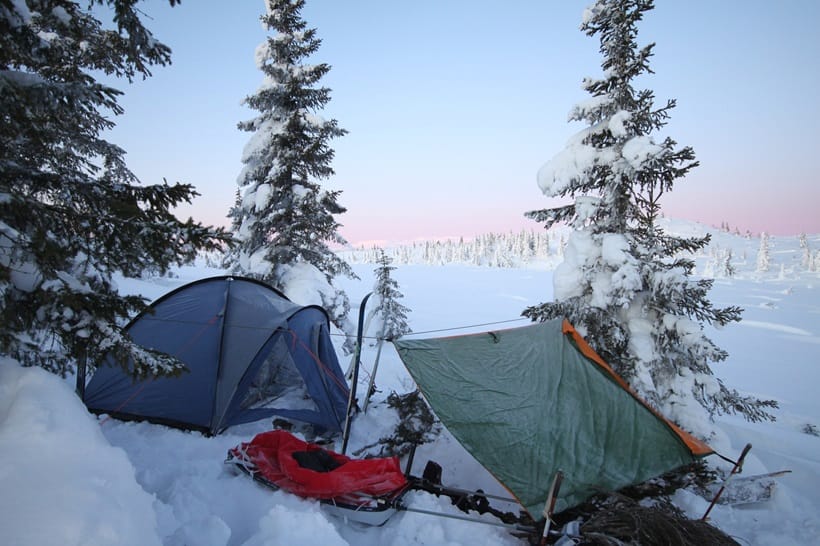
Winter Camping Gear Must Haves
Winter camping can be one of the most rewarding outdoor experiences, but it requires specific gear to ensure you stay warm, dry, and comfortable. The right equipment not only enhances your enjoyment but also protects you from the harsh elements, such as freezing temperatures and strong winds.
Choosing the best winter camp gear can make or break your trip. This section covers the must-have winter camping gear that every outdoor enthusiast should pack. It does not matter if you are camping in the mountains or the forest; these essential items we listed below will keep you well-equipped or prepared for any winter challenge.
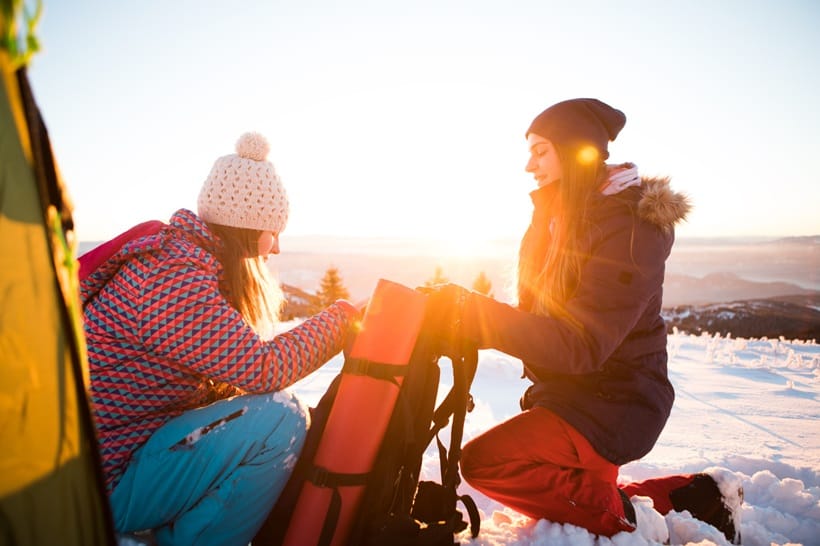
Winter Tents for Camping
A quality winter tent is essential for withstanding cold, snow, and wind. Winter tents are typically designed with thicker fabrics, stronger poles, and better insulation than standard three-season tents. They often include extra features like vestibules for storing gear and vents to reduce condensation buildup inside.
How to Choose a Winter Tent
You can look for a tent rated for four-season use or specifically designed for winter conditions. Make sure the tent has a sturdy frame to withstand snow accumulation and strong gusts. Adequate ventilation is also important to prevent moisture buildup, which can cause freezing inside the tent.
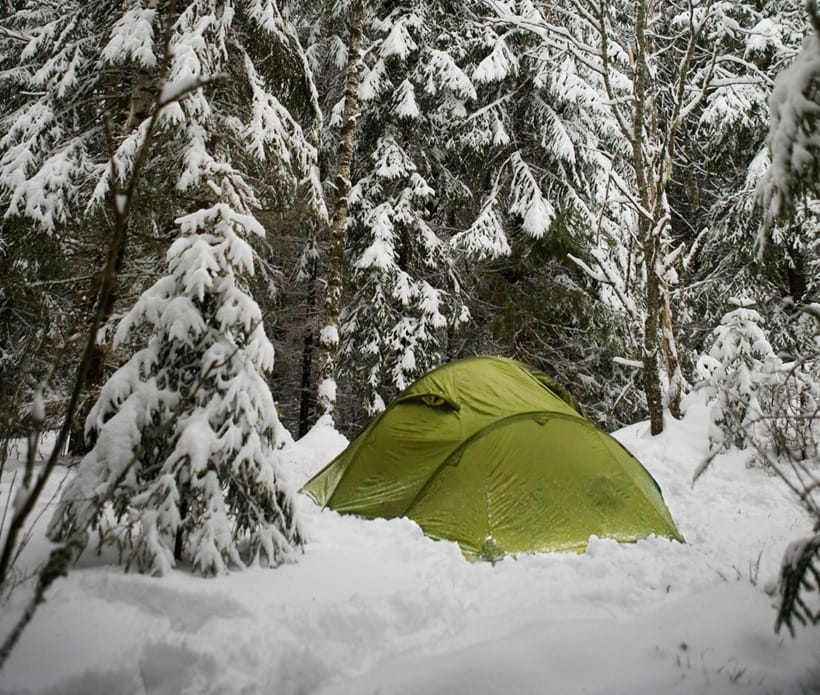
Sleeping Bag for Winter Campers
A winter sleeping bag is another must-have piece of camping gear in winter, as it provides the insulation needed to keep you warm at night. Winter sleeping bags are often filled with down or synthetic materials and feature draft collars, hoods, and zippers designed to lock in warmth.
How to Choose a Sleeping Bag for Camping During Winter
Select a sleeping bag rated for temperatures at least 10°F lower than the coldest temperature you expect to encounter. Down bags offer great warmth-to-weight ratios but may lose insulation properties if wet, while synthetic bags are heavier but retain warmth when damp.
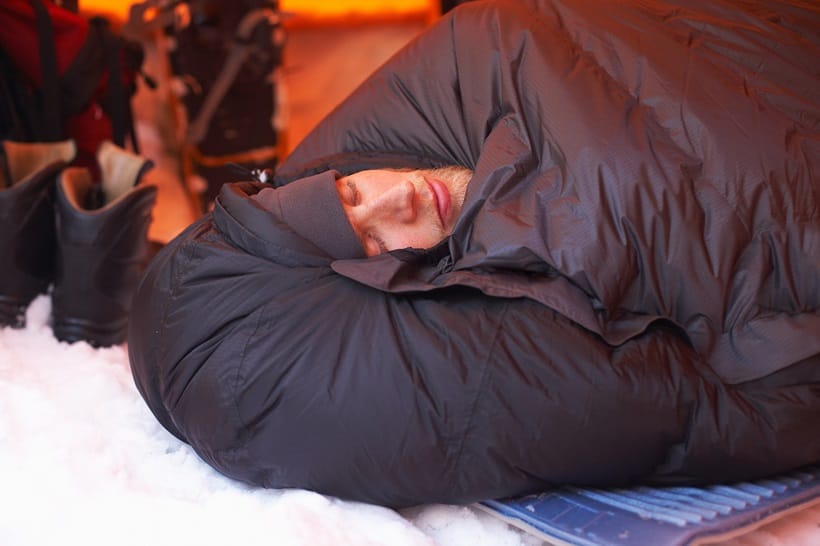
Insulated Sleeping Pad
An insulated sleeping pad acts as a barrier between your body and the cold ground, preventing heat loss and ensuring a restful night’s sleep. Even the warmest sleeping bag can’t protect you from the cold ground without an insulated pad.
How to Choose an Insulated Sleeping Pad
Look for a pad with a high R-value, which indicates its insulation capacity. For winter camping, an R-value of 4 or higher is recommended. Foam pads, inflatable pads, or a combination of both are good options for effective insulation.
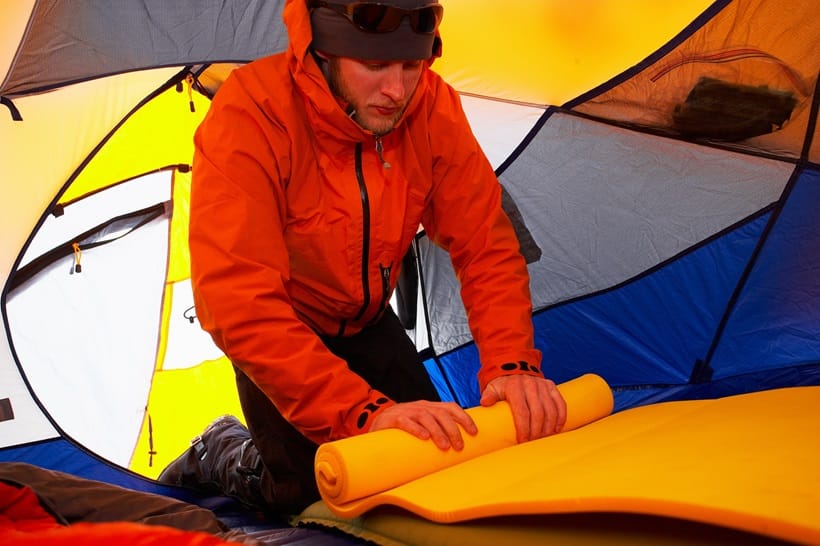
Stove and Fuel
A reliable stove and plenty of fuel are must-have winter camping gear for melting snow for water and preparing hot meals. Cold weather reduces the efficiency of stoves, so having the right setup is crucial.
How to Choose a Stove and Fuel
Choose a stove designed for cold conditions, such as a liquid fuel stove, which performs better than canister stoves in freezing temperatures. Be sure to carry enough fuel to accommodate extra cooking time needed in cold conditions.
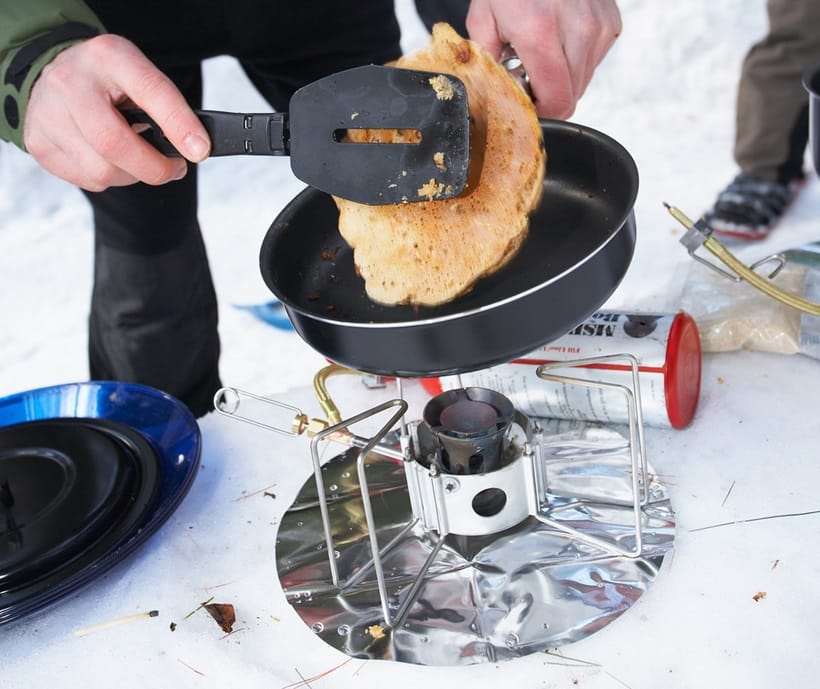
Cold Weather Clothing
Layering is key when it comes to winter camping essentials in terms of clothing. Base layers, insulating layers, and outer shells should all be part of your gear to protect you from the cold, wind, and snow. The right clothing helps regulate your body temperature and keep moisture at bay.
How to Choose Cold Weather Clothing
Invest in moisture-wicking base layers made of wool or synthetic materials. Your insulating layer should be down or fleece, and your outer shell should be waterproof and windproof. Don’t forget insulated gloves, thermal socks, and a warm hat.
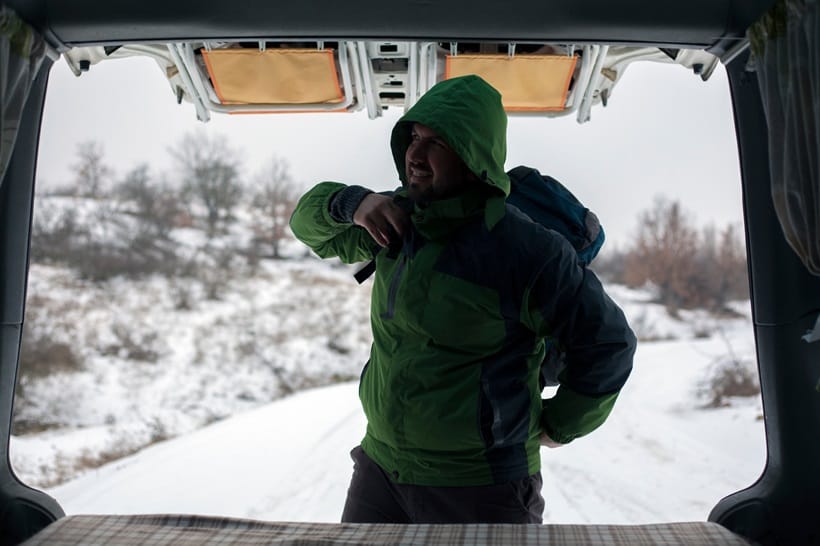
Hiking Gear
Winter hikes demand more durable winter camping equipment, including traction devices for icy conditions, waterproof boots, and trekking poles for stability. These items are crucial for safe navigation on slippery, snow-covered terrain.
How to Choose Hiking Gear
Select waterproof, insulated boots with good grip, and pair them with gaiters to keep snow out. Microspikes or crampons are essential for icy trails. Trekking poles with snow baskets can provide additional stability on uneven terrain.
With these must-have winter camping gear items, you’ll be ready to take on any cold-weather adventure safely and comfortably. Each piece plays a vital role in ensuring that you remain warm, well-hydrated, and equipped to handle the challenges of winter camping.
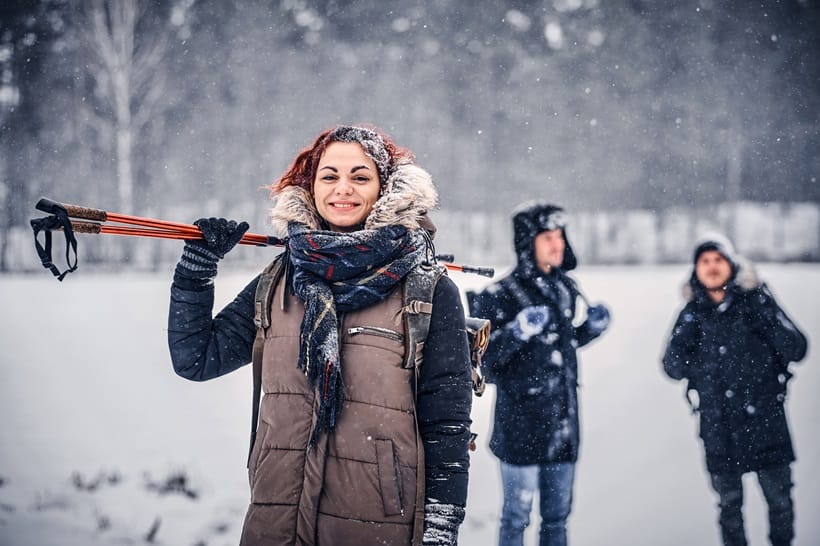
Additional Winter Camping Items
While must-have winter camping gear covers the essentials, there are several additional items that can enhance your comfort and safety during cold-weather camping. These extra pieces of equipment can make a significant difference, especially in more extreme conditions or for longer trips. Depending on the location and length of your adventure, you may need specific gear that goes beyond the basics.
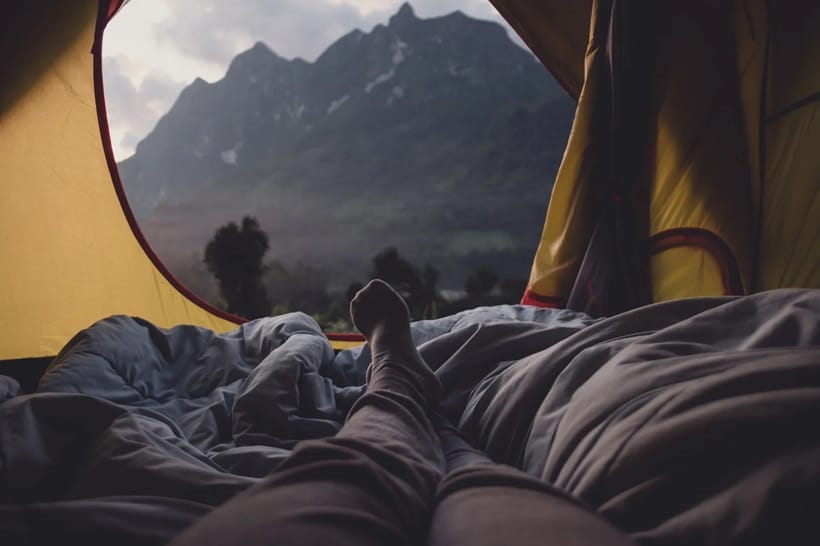
Extra items to consider bringing on your camp winter break:
Hand and Foot Warmers: These disposable heat packs provide an extra boost of warmth during especially cold nights or when you’re stationary for long periods.
Snow Shovel: A compact snow shovel is useful for clearing snow around your tent, building windbreaks, or even digging an emergency shelter.
Gaiters: Gaiters protect your lower legs and boots from snow, keeping your feet dry and warm while hiking through deep snow.
Extra Batteries: Cold weather drains batteries faster, so be sure to bring extras for your headlamp, GPS, or any other battery-operated devices.
Waterproof Stuff Sacks: These help keep your clothing and gear dry, protecting them from snow and moisture buildup.
Emergency Blanket: A lightweight, reflective emergency blanket is a great backup in case of sudden weather changes or extra insulation.
Sled or Pulka: If you’re camping in deep snow, a sled or pulka can help transport heavy gear more efficiently.

